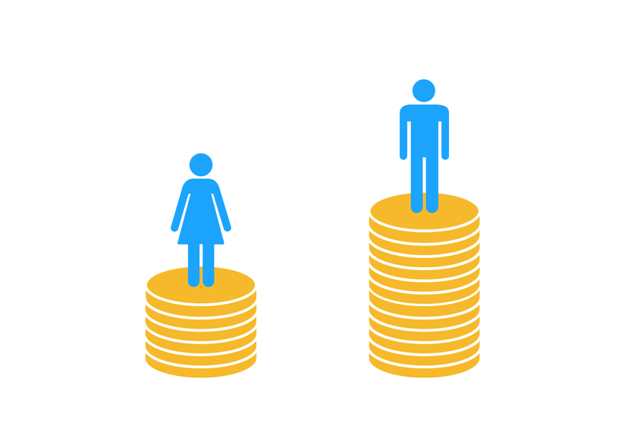Narrowing the Gender Gap Across Industries
Gaps are hindering women to fulfil their aspirations, and preventing societies and economies to be more inclusive, prosperous, peaceful, and secure. Continued globalization, technological development, migration shifts, changing demographics and climate change are putting at risk important gains that women have made over time, Deborah Greenfield, Deputy Director-General of the International Labour Organization (ILO), told delegates to the Second Eurasian Women’s Forum.
Greenfield called on delegates at the opening of the Forum to discuss key gender equality gaps that continue to persist across the globe with a view to find solutions and push for action.
She pointed to the alarming trend that being a woman is associated globally with 30 per cent less chance of being in the labour force and with often being at the bottom of the economic ladder. Most women remain in low-paying jobs, and they are over-represented in informal and non-standard forms of employment.
In her opening statement, Greenfield insisted particularly on the urgent need to close the “stubborn and persistent” gender pay gap. Now, this gap stands at an average of 20 per cent globally. The deputy head of the ILO recalled in this context the recent launch of the Equal Pay International Coalition by the ILO, UN Women and the OECD which has pledged to provide concrete solutions towards closing this gap.
Another gap that needs to be closed is unpaid care work. In 2018, 606 million working age women compared to 41 million men said that they were not in the labour force because of unpaid care work. Women are most penalized for their role as mothers. Mothers of children under 6 suffer the highest employment penalty with only 47.6 percent of them in employment. This calls for a continuum of interventions that recognize, reduce and redistribute care responsibilities.
Greenfield also called on giving women a stronger voice in the world of work: A crucial barrier is the women’s representation gap at all levels of decision-making. Women remain strongly under-represented, including in top corporate and business careers.
“The subject of this plenary that deals with global security is close to the heart of the International Labour Organization and its mandate. Almost one hundred years ago the drafters of the ILO Constitution stated that lasting peace cannot be achieved without social justice. Almost one hundred years later, we know that working towards social justice is an unfinished project and to a large extent that is because we have not yet achieved gender equality which is a precondition for sustainable development and lasting peace. The 2030 Agenda for sustainable development is our plan of action for people, planet and prosperity, where gender equality and decent work have a key role to play”, Greenfield concluded.



